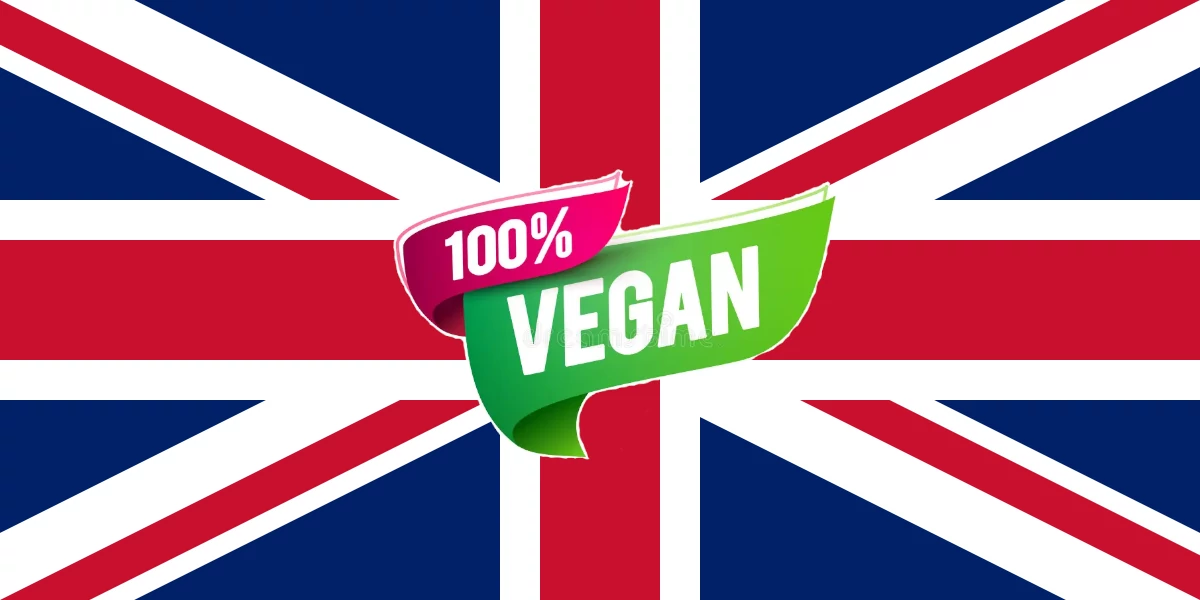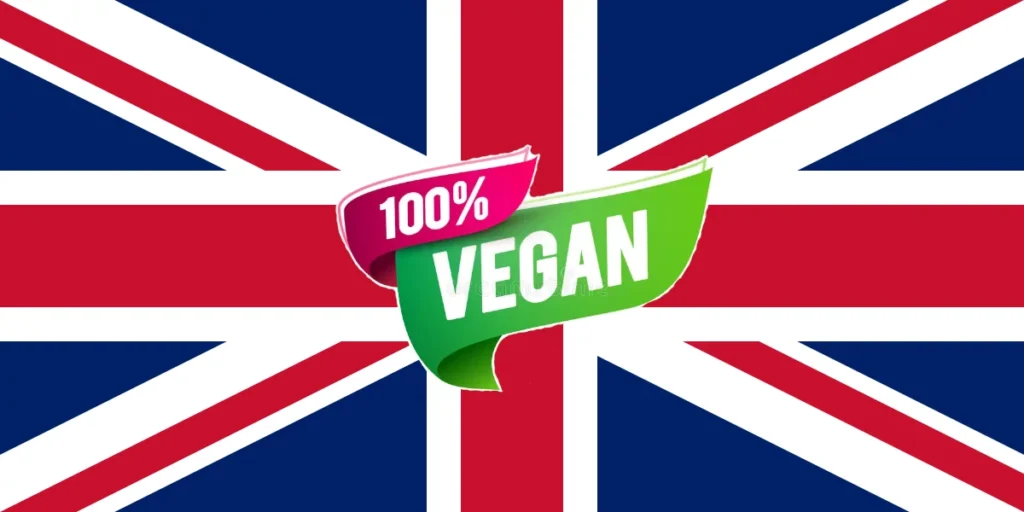
The United Kingdom has undergone a remarkable transformation in its eating habits over the past decade, with veganism moving from the fringes to the mainstream. But does this shift qualify the UK as a “vegan nation”? Let’s dive into the current state of veganism in Britain and what it means for the country’s culinary future.

The Numbers Tell a Story
While the UK isn’t quite a vegan nation in the strictest sense, the statistics reveal a significant shift toward plant-based eating. According to The Vegan Society, the number of vegans in the UK quadrupled between 2014 and 2024. However, vegans still represent only about 2% of the population, with a much larger percentage identifying as “flexitarian” – those who primarily follow a vegetarian diet but occasionally eat meat or fish.
The High Street Revolution
Perhaps the most visible sign of the UK’s vegan evolution can be seen on its high streets. Major chains like Greggs made headlines with their vegan sausage rolls, while Pret A Manger, Costa Coffee, and virtually every major supermarket now offer extensive plant-based ranges. Even traditional pubs have embraced change, with most offering at least one vegan main course.
The British Plant-Based Market
The UK’s plant-based food market has experienced explosive growth. British supermarkets have developed sophisticated vegan ranges, with Tesco, Sainsbury’s, and Waitrose competing to offer the most innovative plant-based products. This has made vegan food more accessible and appealing to non-vegans, contributing to the mainstream acceptance of plant-based eating.
Cultural Impact
The UK’s shift toward plant-based eating reflects broader cultural changes. Environmental consciousness, animal welfare concerns, and health awareness have all contributed to this transformation. British media regularly features vegan content, from cooking shows to documentaries, while social media influencers have helped normalize plant-based lifestyles.
Challenges and Limitations
Despite the progress, calling the UK a “vegan nation” would be premature. Traditional British cuisine, with its emphasis on meat and dairy, remains deeply ingrained in the culture. Many Britons view veganism as admirable but not personally sustainable, and rural areas often lag behind cities in vegan options.
The Future Outlook
While the UK may not be a vegan nation yet, it’s certainly moving in a more plant-based direction. The growing availability of vegan options, continued environmental concerns, and increasing awareness of health benefits suggest this trend will continue. The UK might better be described as a “vegan-friendly” nation – one where plant-based eating is normalized, respected, and increasingly common.
Conclusion
The UK’s relationship with veganism represents a fascinating cultural shift. While it hasn’t become a truly vegan nation, it has emerged as a global leader in plant-based innovation and acceptance. The real story isn’t about the UK becoming completely vegan, but rather about how it has embraced plant-based options as a normal part of its culinary landscape.
This evolution suggests a future where plant-based eating continues to grow, not necessarily converting everyone to veganism, but creating a more inclusive food culture that accommodates all dietary choices. The UK’s journey shows how a nation can adapt its food culture while maintaining its unique culinary identity.